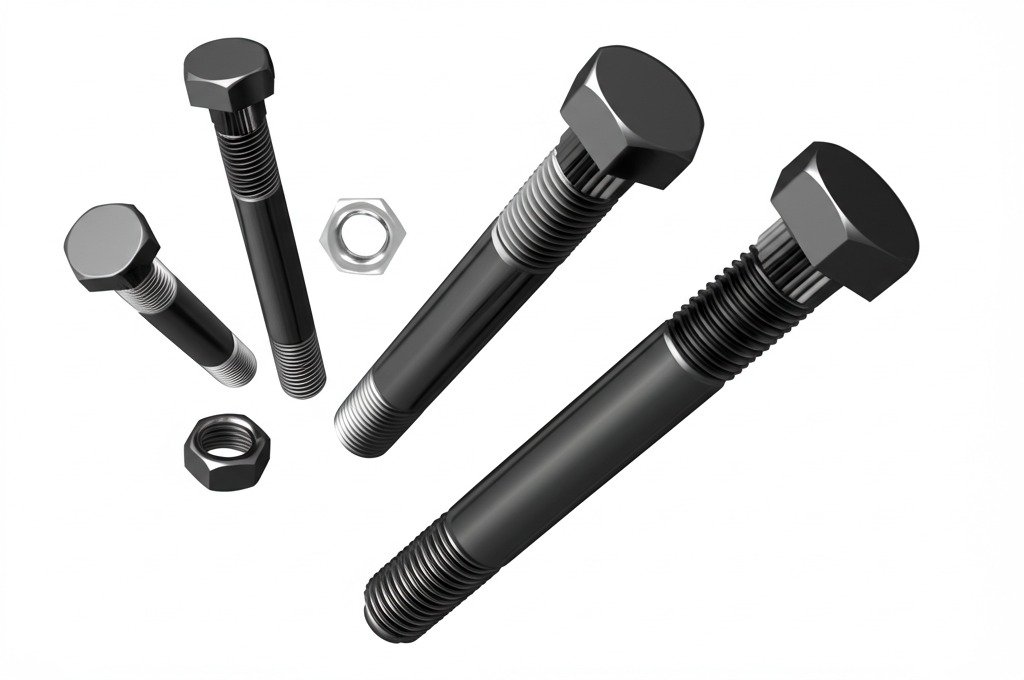By Nicolás Longo
(As an Amazon Associate we earn from qualifying purchases)
Types of Bolts: Essential Bolt Varieties and Practical Uses for Every Project
Understanding the different types of bolts is crucial when selecting fasteners for your construction, woodworking, automotive, or industrial project. Bolts are more than just simple connectors; they’re engineered components designed to hold structures together safely and reliably. From standard hex bolts to specialty types like socket head bolts and foundation bolts, each serves a unique purpose tailored to specific tasks and environments.
Did you know that bolt failures account for significant economic and safety issues in industries like construction and aerospace? According to a report from NASA, improper bolt selection and tightening methods have contributed to structural failures in past aerospace projects. Choosing the correct bolt type significantly reduces the risk of such incidents, making it vital to understand your options thoroughly.
In this detailed guide, you’ll discover various types of bolts, their characteristics, and best uses, empowering you to make informed decisions and avoid costly mistakes.
What Are the Main Types of Bolts?
1. Hex Bolts
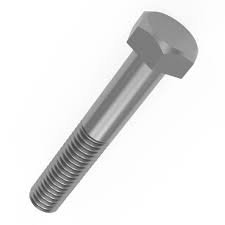
Hex bolts, or hexagonal bolts, are among the most widely used types of bolts due to their versatility and strength.
- Ideal for: Structural framing, automotive, machinery
- Practical Tip: Always pair hex bolts with matching nuts and washers for optimum performance.
- Fun Fact: Hex bolts were standardized by ANSI to ensure compatibility across applications.
2. Carriage Bolts
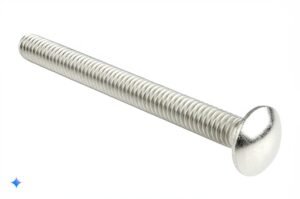
Carriage bolts are recognizable by their rounded heads and square necks, designed specifically for wood fastening.
- Best suited for: Wood construction, playground equipment
- Insight: The square neck ensures the bolt remains stationary when tightened.
- Interesting Data: They’re among the oldest bolt designs, dating back over 200 years.
3. Socket Head Bolts
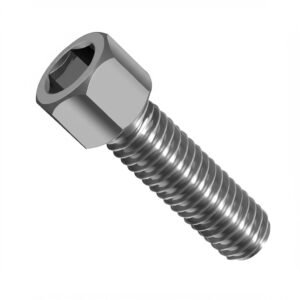
Socket head bolts are distinguished by their cylindrical heads and internal hex sockets, requiring an Allen wrench.
- Preferred for: Precision machinery, automotive assemblies, tight spaces
- Expert Recommendation: Use socket bolts for assemblies where surface space is limited.
- Fun Fact: Widely adopted in the aerospace industry due to high torque capabilities.
4. Shackle Bolts
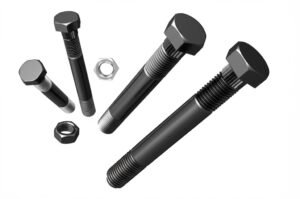
Designed specifically for rigging applications, shackle bolts handle significant tension and weight.
- Applications include: Marine rigging, towing, heavy lifting
- Data Insight: Shackle bolts are tested rigorously, with marine-grade types enduring severe corrosion tests.
- Practical Tip: Regularly inspect these bolts for corrosion or wear.
5. Star Bolts (Torx Bolts)
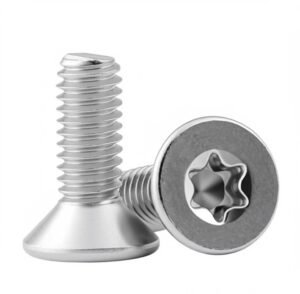
Star bolts feature a unique star-shaped pattern that resists slipping and stripping.
- Common in: Automotive assembly, electronics
- Comparative Analysis: Provide greater torque control than Phillips or slotted heads.
- Expert Tip: Essential when high torque and precision fastening are required.
Understanding Bolt Head Types
Bolt head types determine how a bolt is installed and removed. Here are common varieties:
- Hex Head: Most common, used with standard wrenches
- Round Head: Provides tamper resistance
- Flat Head: Sits flush with surfaces
- Socket Head: Ideal for restricted areas
- Star Head: Excellent torque control
Bolt Thread Types: Selecting the Right Fit
Choosing the correct thread type is equally important:
- Coarse Threads: Quick installation, less prone to cross-threading
- Fine Threads: Stronger grip, ideal for precision alignment
- Fully Threaded: Higher tensile strength, ideal for clamping
- Partially Threaded: Better shear strength
Specialized Bolts for Heavy-Duty and Unique Applications
6. Foundation Bolts
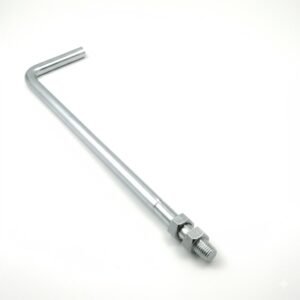
Designed to anchor structures securely to concrete foundations.
- Used in: Building construction, heavy machinery anchoring
- Expert Recommendation: Choose galvanized or stainless steel variants for moisture-rich environments.
7. Jack Bolts

Jack bolts facilitate precise alignment and leveling of heavy equipment.
- Applications: Industrial machinery, large-scale installations
- Tip: Combine with precision washers for fine adjustment.
8. Rock Bolts
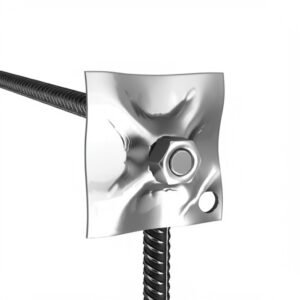
Critical for stabilizing rock formations in tunneling and mining operations.
- Data Insight: They prevent collapses and enhance underground safety, significantly reducing fatalities in mining.
- Practical Tip: Rock bolts should be inspected regularly for integrity.
9. Diamond Bolts
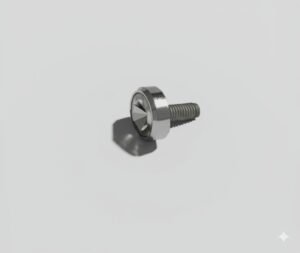
Diamond bolts are precision-engineered for electronics and aerospace industries.
- Fun Fact: Despite their name, they’re not made from diamonds but are crafted to extremely tight tolerances.
10. Tie Bolts
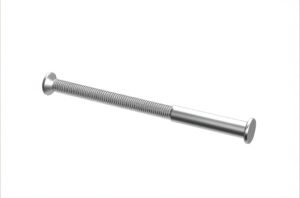
Tie bolts are structural connectors for concrete forms or wall systems.
- Used for: Retaining walls, concrete pours
- Insight: Can be permanent or removable, depending on construction requirements.
Essential Considerations for Selecting Types of Bolts
- Match bolt materials with environmental conditions (stainless steel for corrosion resistance).
- Verify load ratings and choose bolts accordingly.
- Always adhere to recommended torque settings for safety and efficiency.
Selecting the right types of bolts for your projects enhances structural integrity, safety, and longevity. By understanding the subtle differences and applications of each type, you make informed and efficient decisions.
“As an Amazon Associate we earn from qualifying purchases.”
